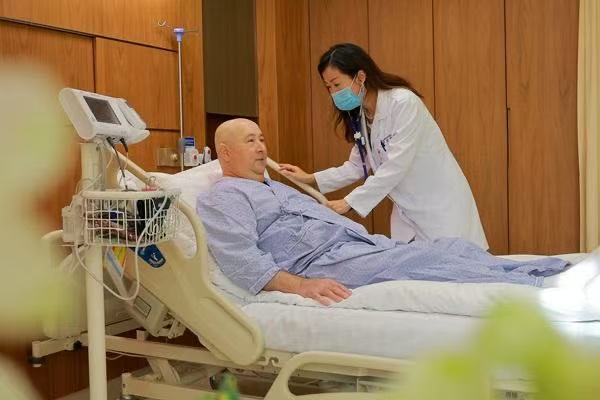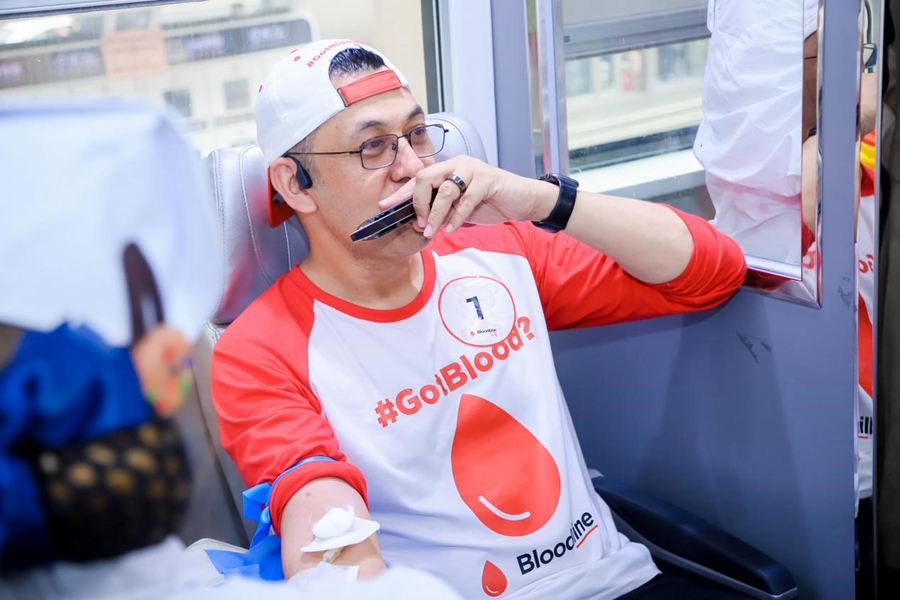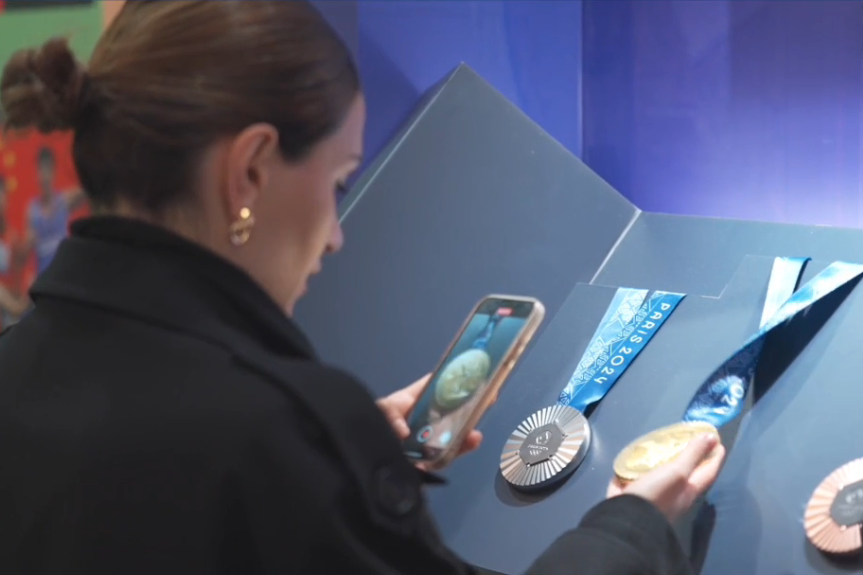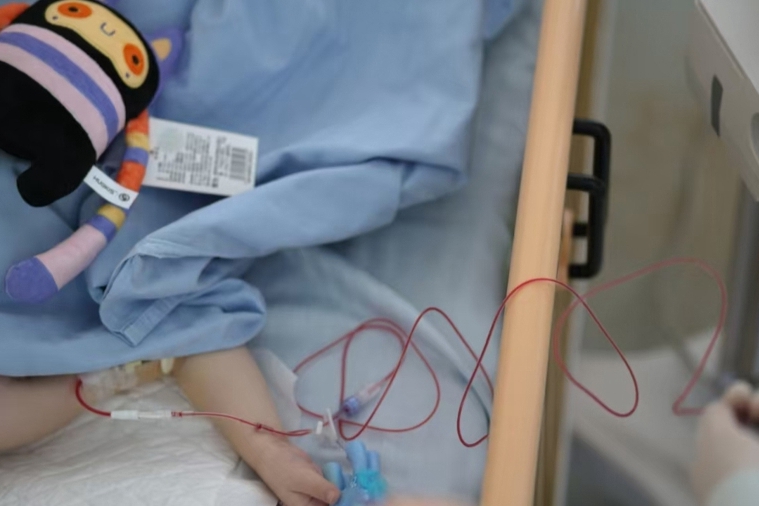New Zealand cancer patient gets a new lease of life in Shanghai

After three unsuccessful rounds of chemotherapy back in New Zealand, 57-year-old New Zealander Dale De Penning decided to give Shanghai a try to battle his lymphoma, and received advanced CAR-T (chimeric antigen receptor T) cell immunotherapy there.
At Shanghai SinoUnited Hospital, he achieved complete remission, meaning he was cancer free, after just one month and a checkup three months later confirmed he was cancer free on a PET-CT (positron emission tomography - computer tomography) scan.
China has become a leading medical center for CAR-T cell immunotherapy, which is specifically developed for each patient by reprogramming the patient's own immune cells to target the cancer.
Dale chose the hospital in Shanghai after talking with a few others. "The whole treatment is smooth here," he said. "I celebrated my birthday with doctors and nurses ... and I am very grateful to them, who are my friends now. It's a good experience for me. Nobody wants to get cancer, but the treatment here is very successful and gives me new lease of life."
"Since China has taken the leading position on CAR-T therapy in the world, we have gained much experience in patient treatment and management to reduce complications and ensure good treatment outcome," said Dr Lily Zhou from the Shanghai SinoUnited Hospital, which discharged the New Zealander after his checkup and celebrated his success in beating the disease.
Currently, there are six CAR-T products approved in the nation and four were either developed or manufactured in Shanghai, drawing many overseas patients to the city for treatment, which offers high quality at a competitive price.
CAR-T is a complicated treatment requiring close monitoring and multidisciplinary professionals during patient selection, bridging treatment, controlling side effects and symptom management.
"So far, there are six CAR-T options available in China, covering all major targets for various blood diseases. China's research and practice of CAR-T are in a leading position, making it a hot destination for international patients, while the price here is only about one-fifth that in the United States," said Zhou, chief of hematology at SinoUnited Health.
"All our foreign patients are reporting positive effects, which is very encouraging. The Yikaida used on Dale is the first approved CAR-T product in China, and it is produced in Shanghai," she said.
Dr Kathy Shi, CEO of SinoUnited Health, said the hospital boasted an international medical team and about 40 percent of its patients came from overseas.
"So we are very active in attracting international patients and participating in the local government's campaign of encouraging international medical tourism, which requires high-quality medical capability, good language ability and patient-centered service, including picking up patients at the airport, food, cultural background, a multidisciplinary medical team and competitive price," Shi said.
"All our medical perspectives are designed based on patient demand. Taking patients for CAR-T as example, doctors from different departments will take part in the treatment to offer support whenever there is a demand. We also give mental support to give patients the best experience," she said.


